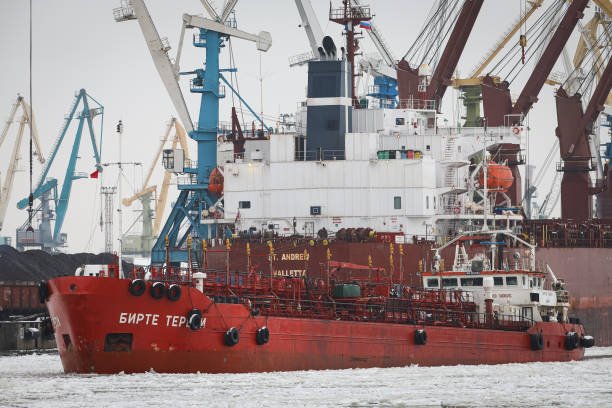Global oil prices saw a sharp rise after Israel launched an attack on Iran, increasing fears of a major conflict in the oil-rich Middle East. The price of Brent crude oil climbed over 10%, reaching its highest level since January, before easing slightly. It still ended the day more than 7% higher than the previous close, trading at $74.23 per barrel.
This sudden increase raised concerns about supply disruptions from the region. Oil prices directly affect the cost of fuel, transport, and even groceries. Though current prices are still over 10% lower compared to the same time last year, and well below the 2022 spike following Russia’s invasion of Ukraine, the new conflict adds uncertainty.
Stock markets in Asia, Europe, and the US all ended lower following the news. Japan’s Nikkei index dropped 0.9%, the UK’s FTSE 100 fell 0.39%, and US indexes like the Dow Jones and S&P 500 also declined. Meanwhile, investors turned to safer assets. Gold prices rose 1.2% to $3,423.30 an ounce, reaching a two-month high, and the Swiss franc gained value.
The attack triggered Iran to launch nearly 100 drones toward Israel, according to the Israeli Defence Forces. Analysts warn that while the situation could cool down quickly, there’s also a chance it could turn into a larger conflict, potentially disrupting oil supplies in the region.
Experts from Capital Economics said that if Iran’s oil output or export sites are hit, Brent crude could spike to $80–$100 per barrel. However, such a rise could push other oil-producing countries to increase supply, helping to reduce long-term effects on global inflation.
In the UK, the RAC said it’s too early to say how this will impact petrol prices. Retailers may respond differently depending on how long the price increase lasts and their profit margins.
One of the biggest concerns is the Strait of Hormuz—a vital route for global oil transport. Around 20% of the world’s oil passes through this narrow waterway between Iran, Oman, and the UAE. Any disruption here could affect millions of barrels of oil daily.
Several oil tankers are constantly moving through this area, and any serious disruption could push prices even higher. Analysts believe the next few days are critical in understanding if this will escalate or cool off. Markets are reacting to risk, but how this unfolds will determine the long-term impact on global energy and economy.


















